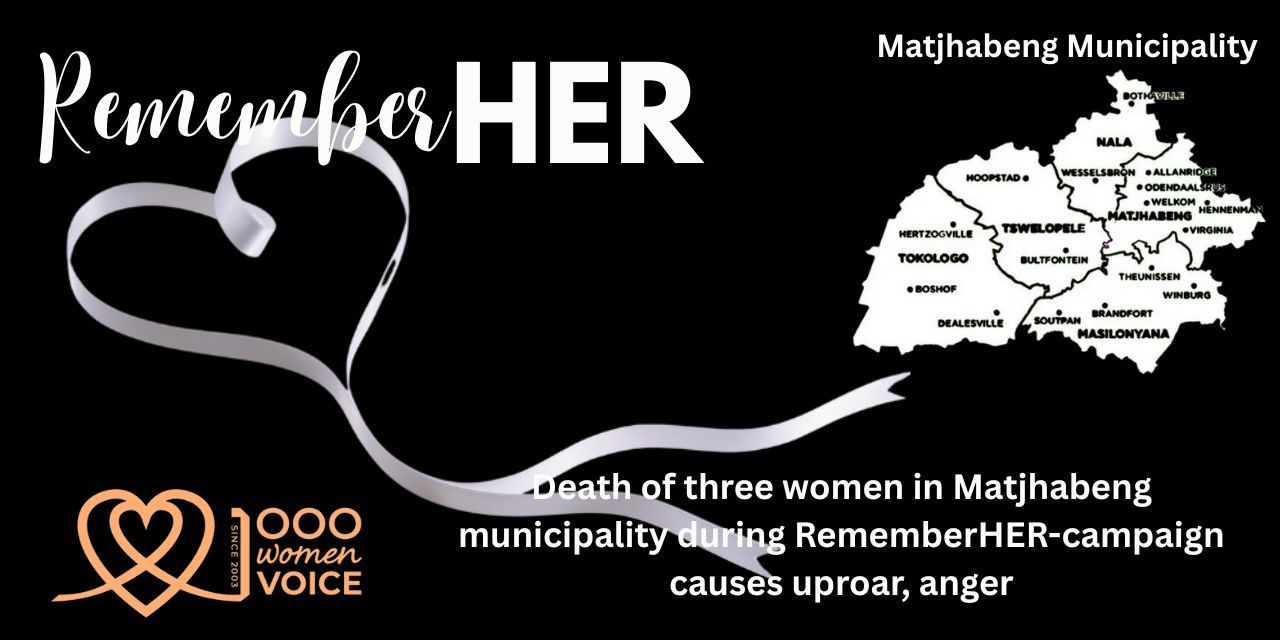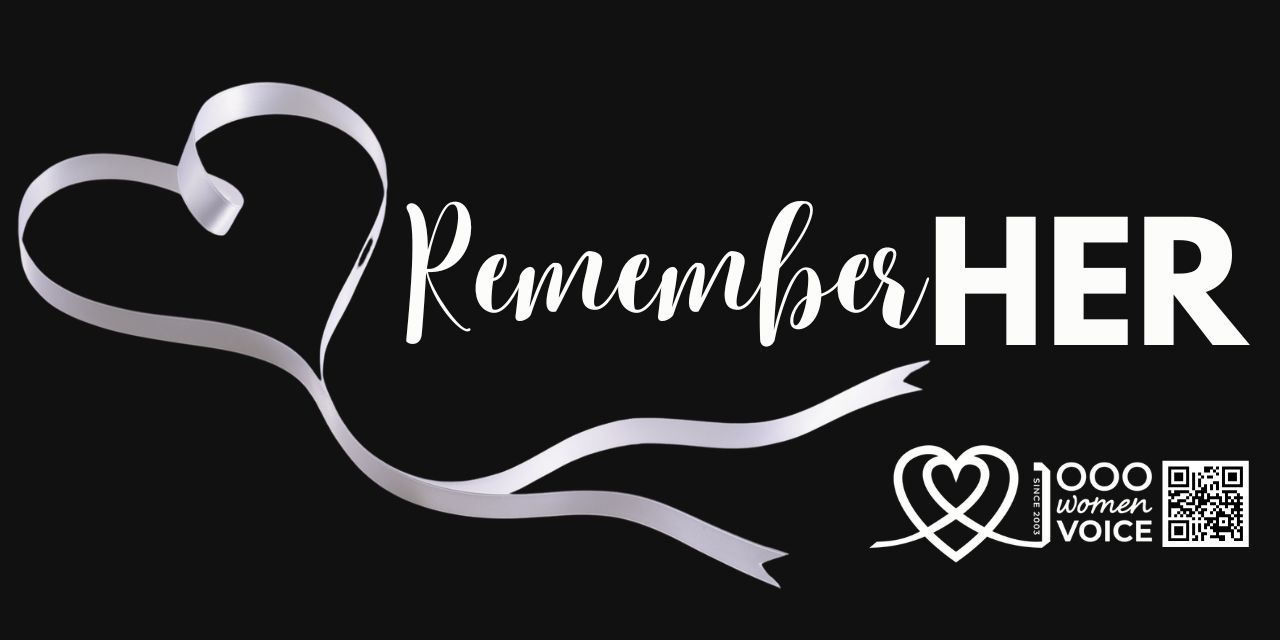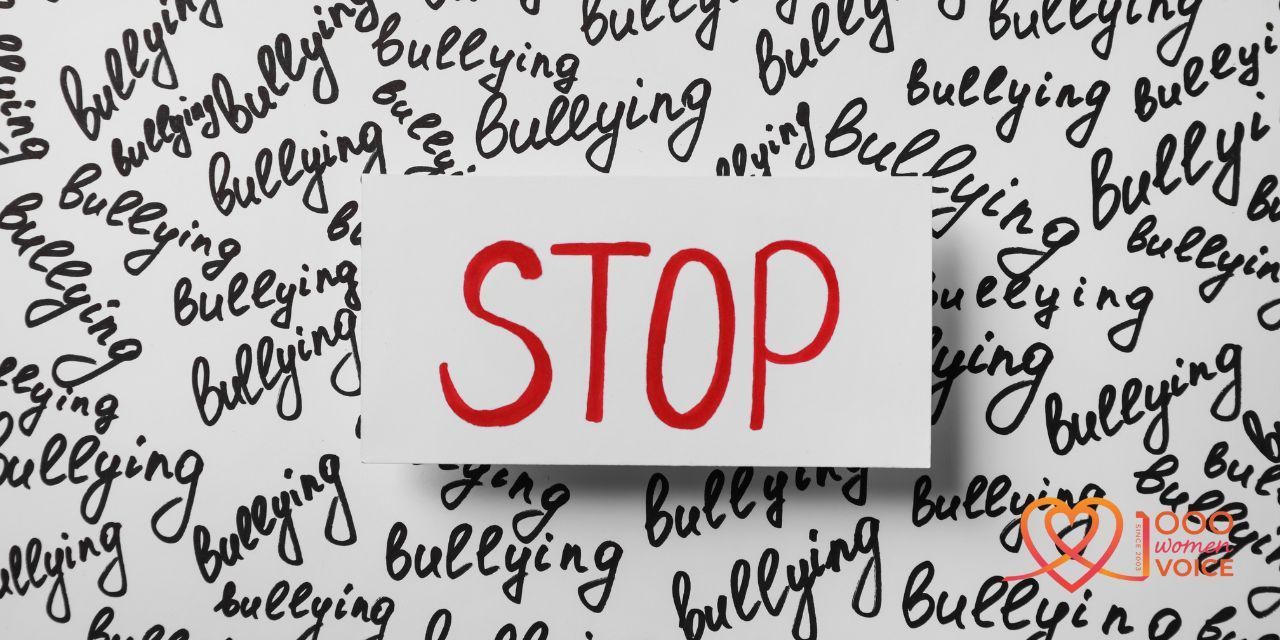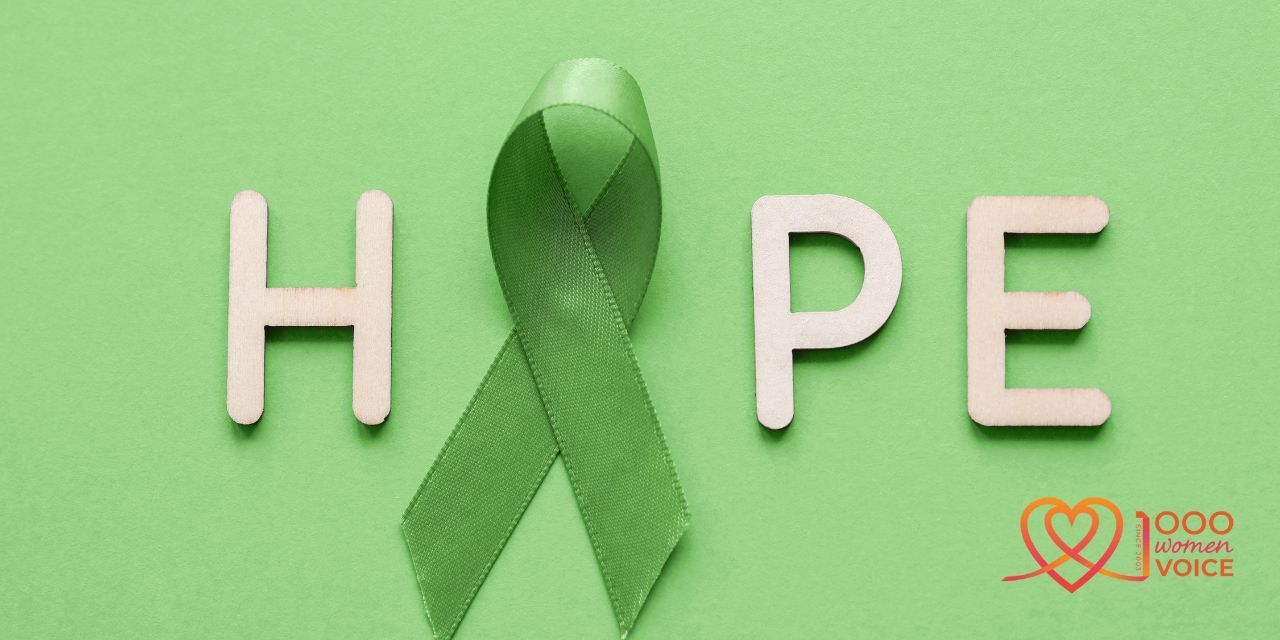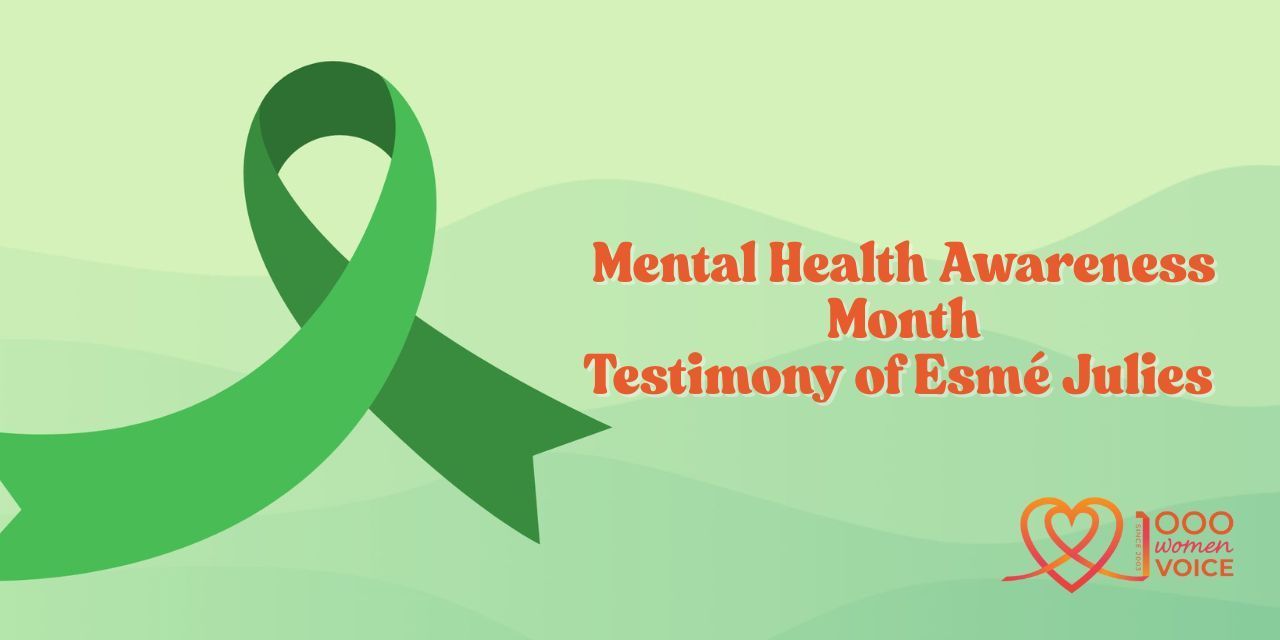SA must act to end culture of sexual harassment, says Thiart
South Africa must end the culture of impunity surrounding sexual harassment which has become commonplace in the country, says Tina Thiart, cofounder and trustee of 1000 Women Trust.
“We observe sexual harassment month in April in South Africa to create awareness of this scourge and to educate communities and individuals to deal with this crime,” said Thiart.
“Sexual harassment is rife in South Africa. According to a survey by the South African Human Rights Commission, approximately 30 % of women experienced sexual harassment in the workplace,
“In the South African legal profession, 43% of women reported being sexually harassed. This misconduct resulted in 25% of sexual harassment targets indicating that the conduct contributed to them leaving or considering leaving their workplace, according to a survey by the International Bar Association (IBA),“ Thiart said.
Sexual harassment raised its ugly head recently when revelations were made of widespread sexual abuse by senior officials of the Eastern Cape provincial government.
The head of the department of public works and infrastructure, Thandowethu Mandu, was placed on special leave pending an investigation into accusations that he had demanded special sexual favours from a junior subordinate.
Subsequently Anele Mda, a gender and social justice activist, revealed that she had received testimonies from 110 women who claimed to have been sexually violated by senior officials within the provincial Eastern Cape government, claiming there was a sex-for-job culture in the Eastern Cape government and that eight departments were involved.
Eastern Cape High Court Judge President Selby Mbenenge faced a misconduct investigation by the Judicial Conduct Tribunal, which could in 2025 due to a sexual harassment complaint laid against him by judge secretary Andiswa Mengo.
“The ability by civic society and organizations like 1000 Women Trust and others to mobilize South Africans to protest sexual harassment is crucial. If sexual predators are not held accountable, they will feel emboldened to commit their heinous crimes,” Thiart said.
Asked what can be done to change the culture of sexual harassment, Thiart said: “Ït is crucial to report incidents, implement robust policies, and provide comprehensive training in workplaces and educational institutions. One must also support victims and ensure access to legal avenues like protection orders.
“If you experience sexual harassment, report it to your employer or relevant authorities, such as the police or a legal professional.
“Reach out to organizations that offer support to victims of sexual harassment, such as 1000 Women Trust and Sonke Gender Justice.
“You can apply for a protection order in the Magistrate's Court to prevent further harassment,” Thiart explained.
“Companies must stablish and communicate clear policies on sexual harassment, outlining prohibited behaviors and reporting procedures. Provide regular training on sexual harassment prevention and response to all employees and students, Thiart said.
“Companies must regularly assess the effectiveness of policies and training programs, and make necessary adjustments. They must be proactive in addressing potential issues and creating a culture of respect and safety. Collective agreements should be guided by the provisions of the Code of Good Practice on Sexual Harassment in the workplace,” Thiart added.
She said The Protection from Harassment Act 17 of 2011 provides legal avenues for victims to seek protection.
“Sexual assault, including any act that causes contact between the mouth, genital organs or anus of one person (or the breasts of a woman) and any part of the body of another person, is a criminal offense,” Thiart explained.
Sexual harassment can be a form of discrimination based on sex, and is prohibited under the Employment Equity Act,” Thiart pointed out.
Thiart said sexual harassment is defined as unwanted conduct of a sexual nature that violates the dignity of the complainant or creates an intimidating, hostile, degrading, humiliating, or offensive environment. Sexual harassment can cause significant psychosocial harm, including depression and PTSD.
“We encourage allyship and support for those who have experienced harassment. The trauma training course as well as the anti-bully course developed and easily accessible on-line, have become trusted allies to support victims of sexual harassment,” Thiart said.
1000 Women Trust is a Women's Organizations that aim to raise awareness around Gender-Based Violence, rape and abuse and mobilize resources. These resources make it possible for us to assist women-led organizations with grants and skills development.
For more information, contact the Trust on 0614690479 or send a mail to inf@1000women.co.za
Download the Documents below
Policy Prevention of Sexual Exploitation and Abuse Oct. 7
1000 Women GBV in the workplace
Sexual Offences and related matters 29 Sug 2023 NACOSA webinar
workplace Presentation 4 Sept 2024 PES


